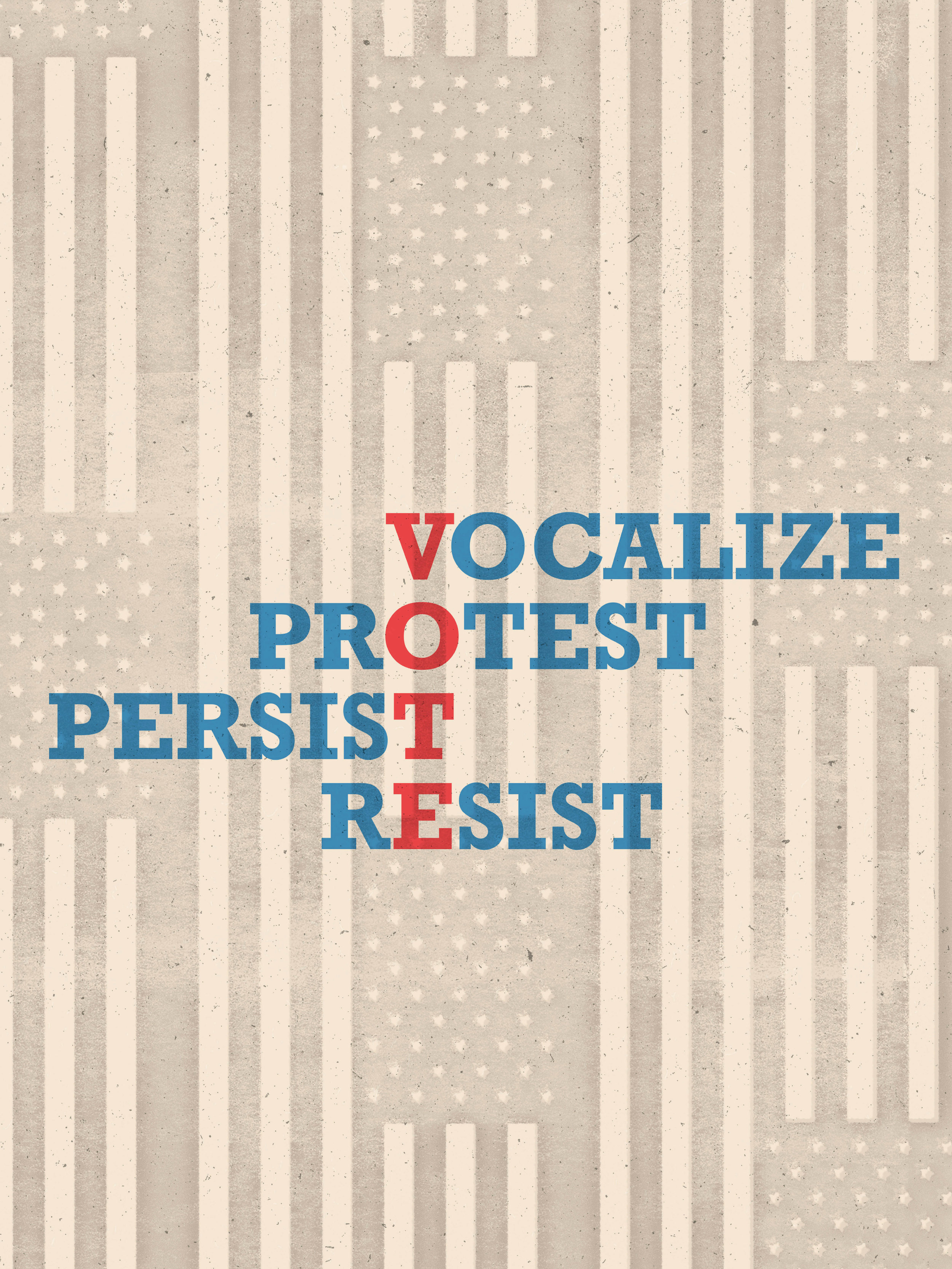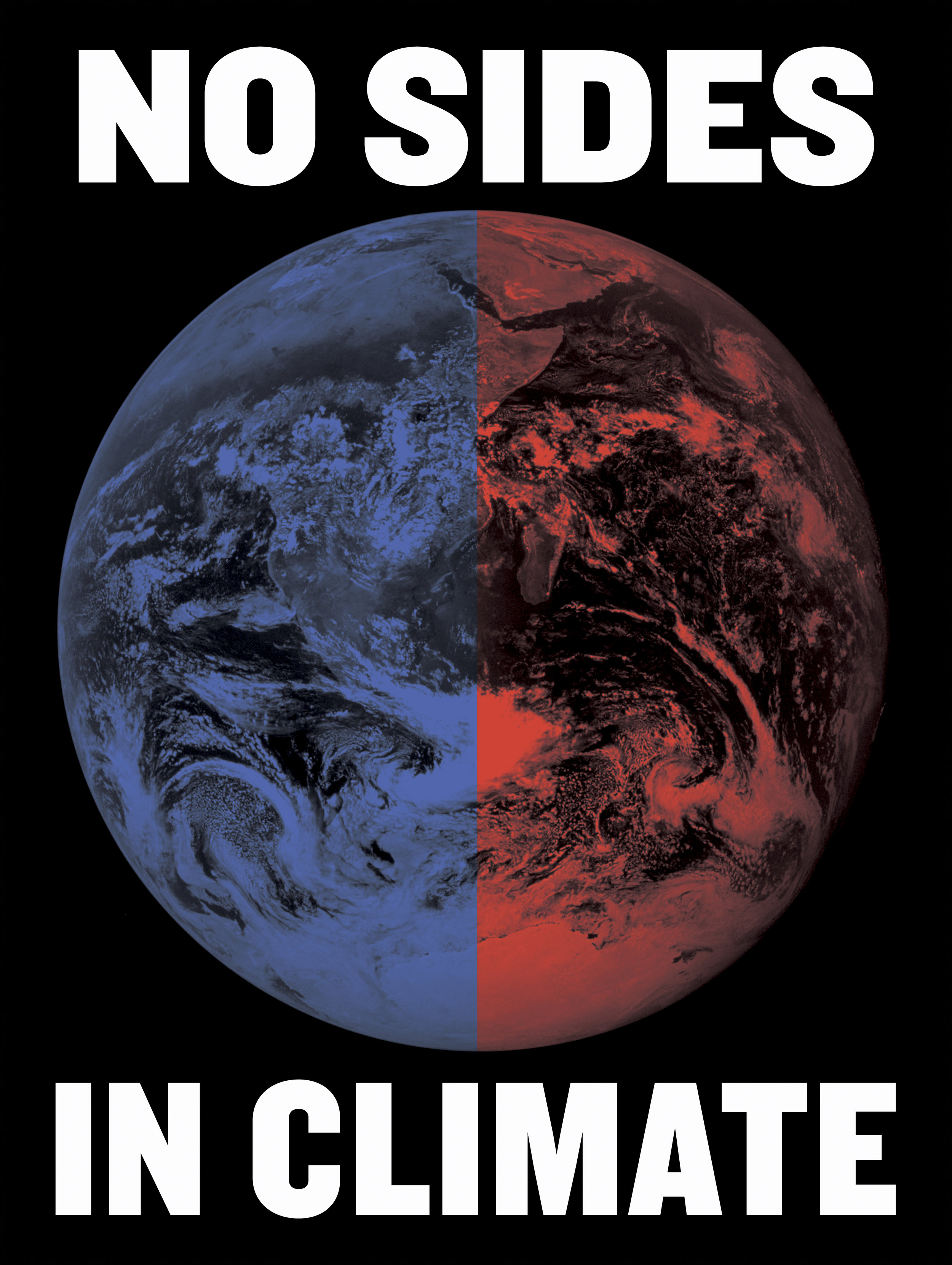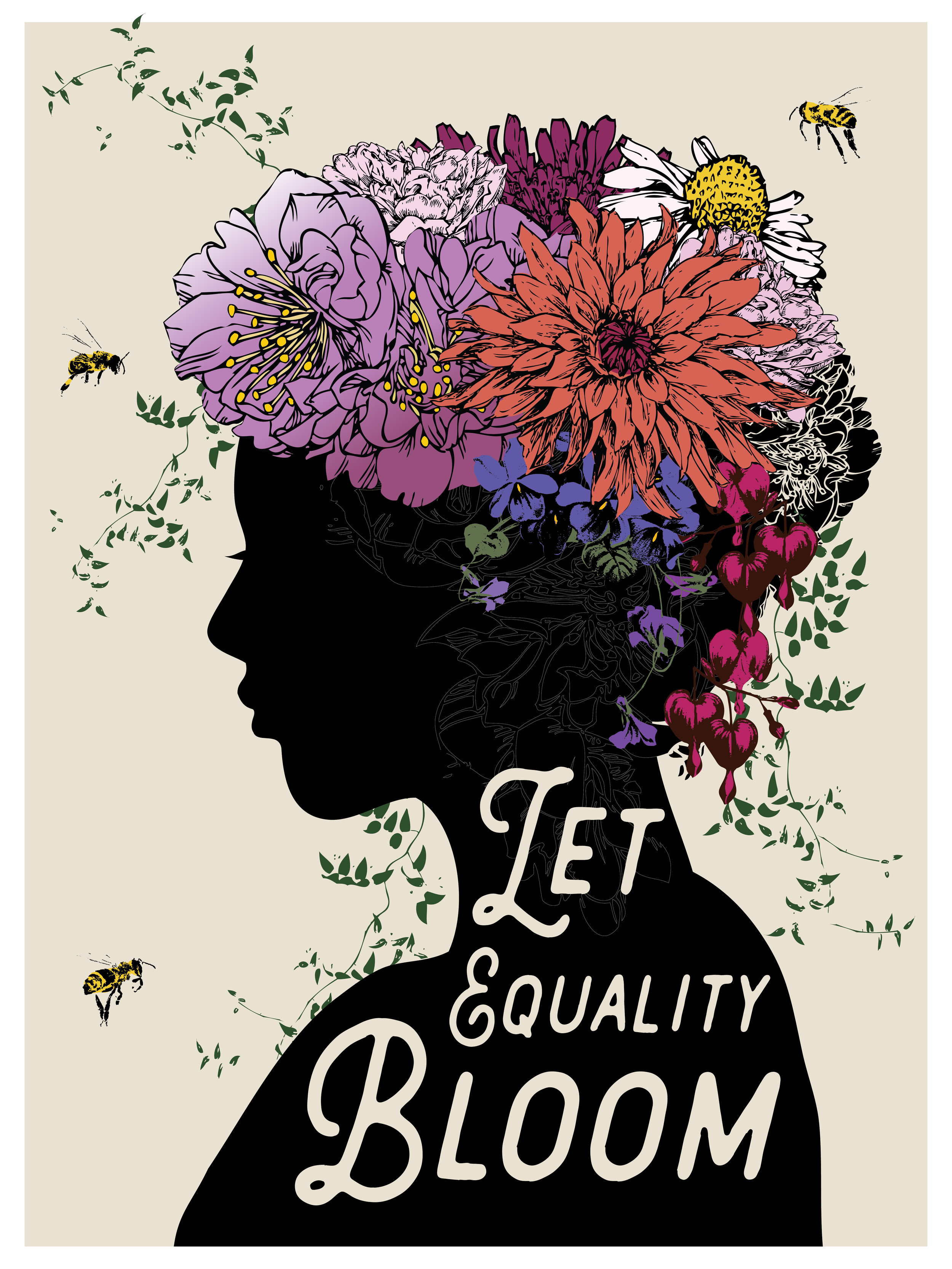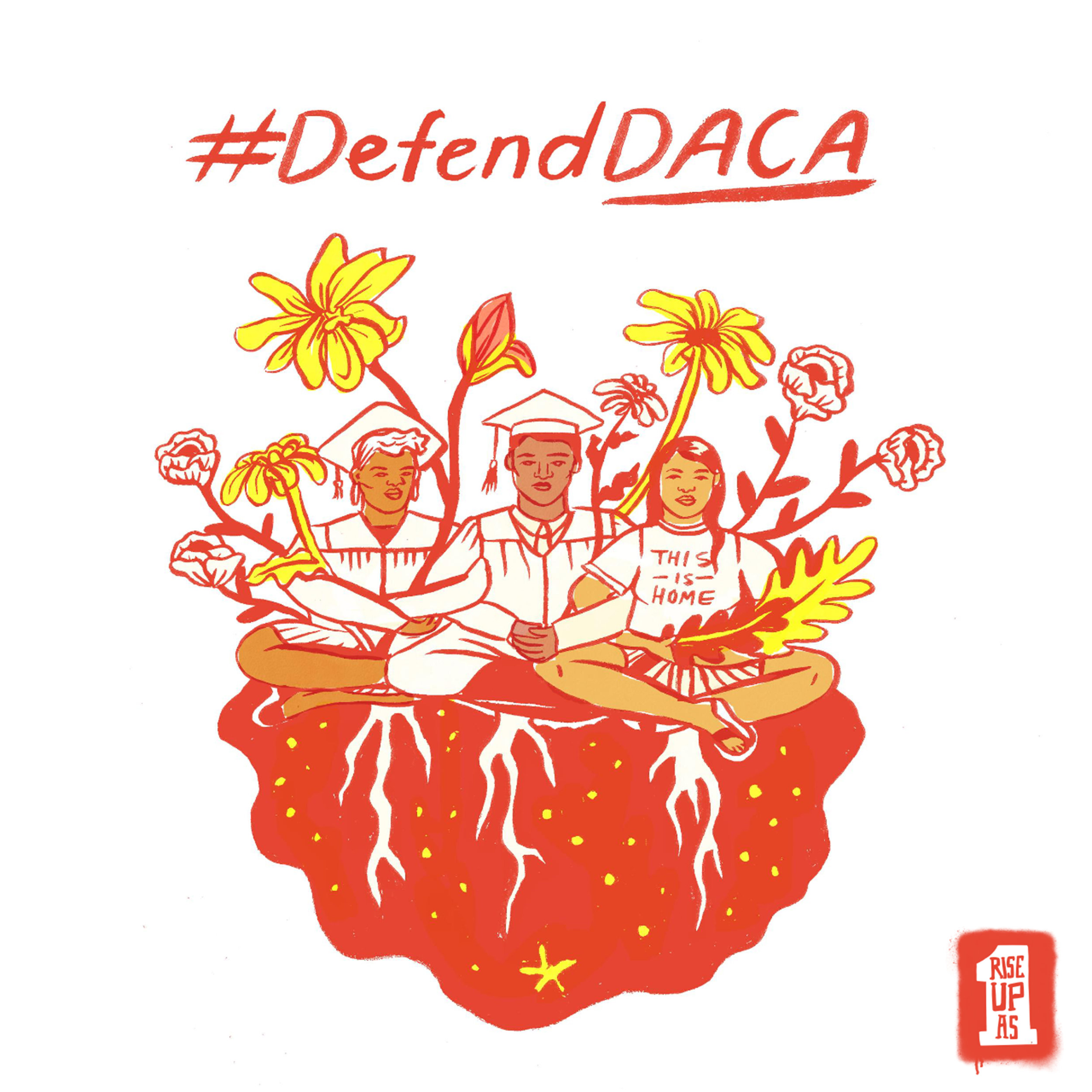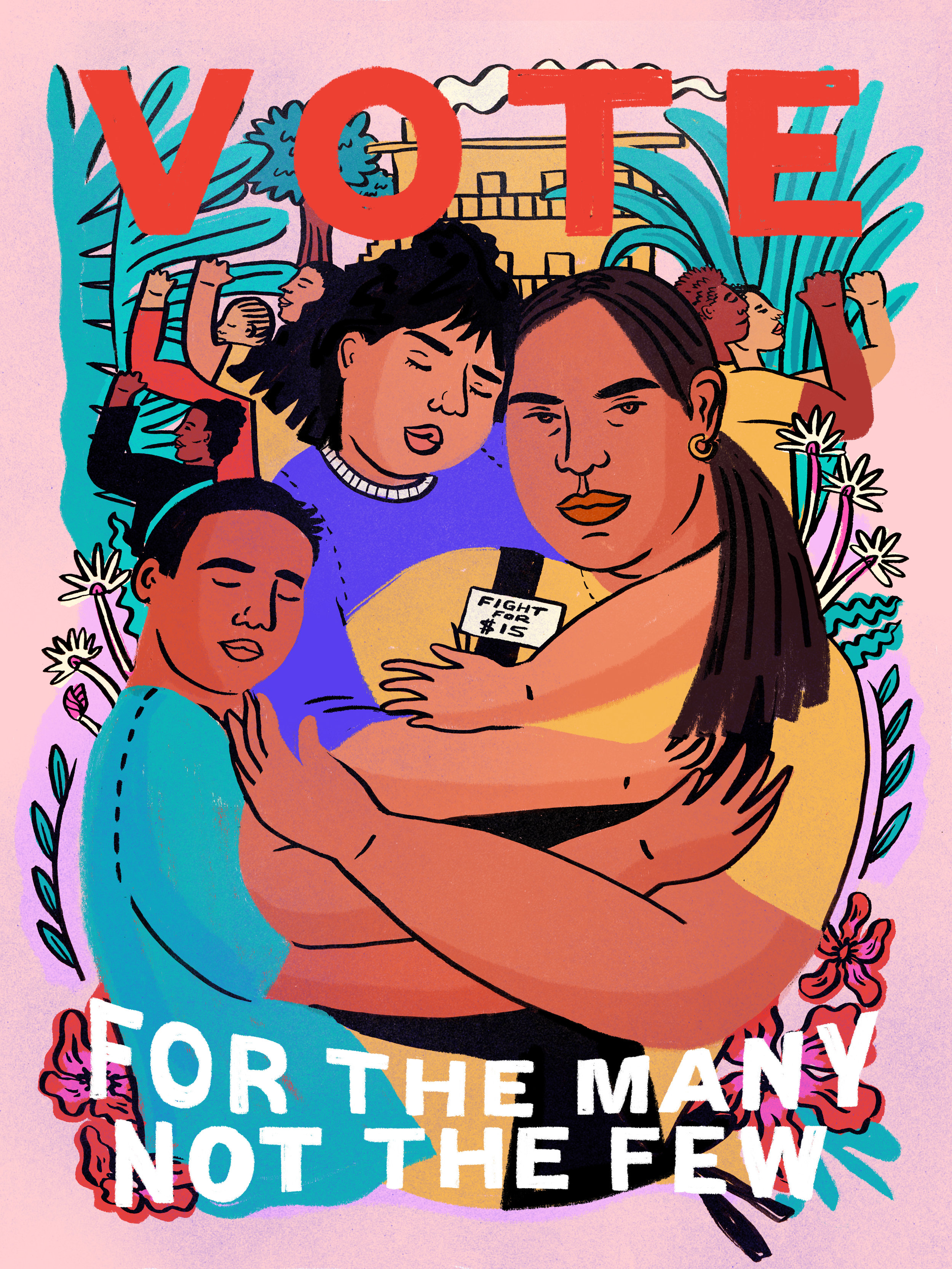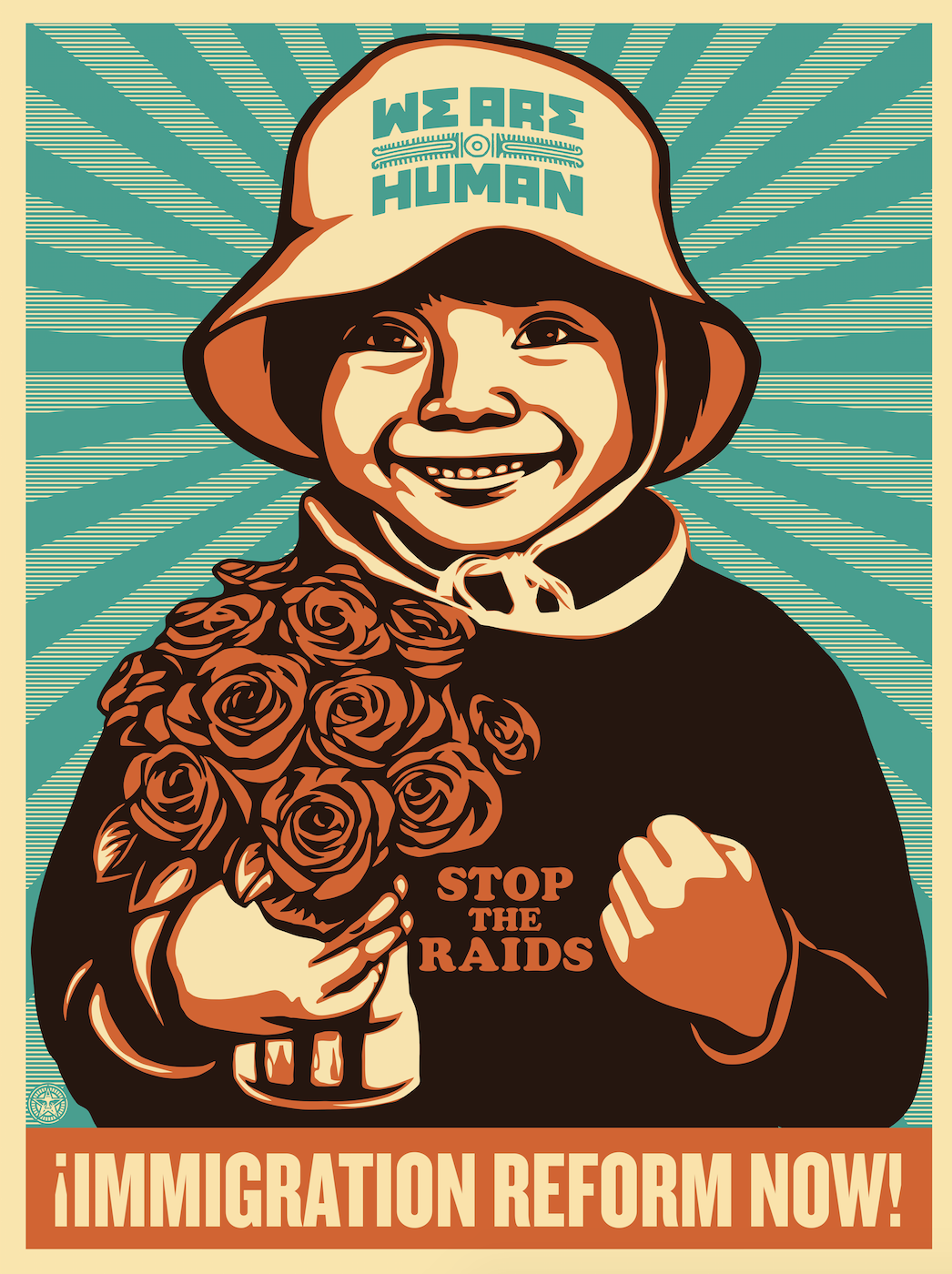All Your Questions About Voting, Answered
When I was in first grade, my mom took me to vote with her. Kids Voting USA had a booth at our local voting precinct, and they presented me with a ballot that was about as big as I was. Still learning to read, I was thankful each candidate’s name was accompanied by their pictures — that was all I needed.
“How did you decide who to vote for?” my mom asked after I returned from my private, kid-sized booth.
“I just voted for all the ladies,” I said like it was obvious. Cause it was.
From this early point in my childhood, I had the luxury of a parent who went out of her way to show me that voting was important, that thinking critically about candidates is part of the process.
Almost two decades later, I love voting. Yeah, I’m a big nerd who gets a huge adrenaline rush from the tiny, tangible task of filling out a ballot.
I realize a lot of people don’t share that dorky affection for civics. In fact, some people detest it — or worse, don’t care at all. And that makes me so sad, because voting is one of the few purely awesome things about being American. But not everyone who lives here gets to exercise what is supposed to be a constitutional right.
Beyond apathy, one of the biggest barriers to voting is simply being uninformed. So I made a poll on my Instagram and promised to answer questions that were keeping people from feeling confident about their ballots. Here ya go:
Why is voting a civic duty?
Let me answer this with more questions: have you ever attended a public, private or charter school? Driven on a paved road? Used a public bathroom? Watched a drug commercial that had side-effects disclosed? Worked at a job that covered health insurance? Spent time in a park? Sent a letter in the mail? Gone on a hunting trip? Applied for a driver’s license?
Then you’ve benefited from laws and services that were created for you by elected officials. It’s almost like this is a cyclical process, where you choose the officials who serve in your best interest.
If you benefit from the system, it’s your duty to participate. If you love this country, the most patriotic thing you can do is vote.
How much does one vote really matter?
A LOT! Your vote matters in the same way as one recycled milk jug, one purchased lottery ticket, one reusable straw, one observed stop sign, one donation to charity. If you make any of those singular contributions to the social good, you are exercising the philosophy that every contribution matters. Because it does!
The 2016 election was decided by a few hundred thousand votes across several states, and that was on a national scale. At the state level, your vote matters even more because the population is smaller. You’re here, you take up space, you matter. It’s just science.
If that’s not enough, consider that your vote also affects people who can’t vote because of their age, citizenship status, criminal record, housing instability, english language proficiency, absenteeism, or lack of a photo ID. Hell, voting even affects animals. So you’re voting for so much more than yourself.
Why should I care about local elections?
State and local elections are where wild things like bathroom bills get passed, because people who think their votes don’t matter choose to stay home, and the only people who show up are either to the far right or far left of the spectrum.
Local elections include legislature that affects our lives on a daily basis — school curriculum, employee safety, traffic safety, voters’ rights — policies that affect us more than the president ever will. By comparison, your individual vote matters more here than it will in a presidential election cause the pool of voters is so much smaller. So take advantage of your leverage, and vote for referendums and candidates that matter to you.
Because, chances are, if those candidates win, they’ll run for bigger offices in future elections — and that will all have been possible because of you.
Who is on the ballot?
Visit Congress.gov for candidates running for re-election in the U.S. House of Representatives and the U.S. Senate.
For state office candidates, visit your state legislature website. For candidates in county or local offices, contact your local government.
If you live in North Carolina, you can find all of that here. Or here.
Where do I find facts about my candidates?
This was one of my favorite questions, because news literacy can make or break how we learn about the world around us.
You’ve already seen who is running in your state; now it’s time to find out why they’re running. The first place to look is the candidate’s website. This is a candidate’s best foot forward, how they want the world to see them. That’s important because their websites are usually full of the issues they deeply care about.
The second-best place to learn more about them is watching debates they’ve participated in on TV or online. Debates are a no-holds-barred opportunity for candidates to stress why they think they’re the best person for the job, and how they’re different from the other candidates.
To find out what other people think of them, look for opposing candidates’ posts — on social media, online advertisements and in news articles from outlets around the web. Consider how biased the news source might be, by finding them on this chart from MarketWatch:
The least informative source is often broadcast television ads, because they’re written to be deceptive. Read about the techniques candidates may use to distort information and sway your perceptions of them and their opponents.
What else is on the ballot?
State elections aren’t just about candidates. Local policies and referendums are up for debate, and will result in changes to the ways we work, play and live each day.
If you’re in North Carolina, you can see the full list of ballot measures for the state and local elections respectively. Click the title of each ballot measure to read the difference between a “yes” vote and a “no” vote, which is extremely important to ensure you aren’t voting against your intention if the measure is written as a negative.
Right to Hunt and Fish Amendment: creates a constitutional right to hunt and fish
Marsy's Law Amendment: Expands the constitutional rights of crime victims, including the right to be present at proceedings.
Income Tax Cap Amendment: Lowers the cap on income tax from 10 percent to 7 percent.
Voter ID Amendment: Requires a photo ID to vote in person
Legislative Appointments to Elections Board and Commissions Amendment: Makes the legislature responsible for appointments to election board
Judicial Selection for Midterm Vacancies Amendment: Creates a process, involving a commission, legislature, and governor to appoint to vacant state judicial seats
What’s the deal with Voter ID Laws?
Ah, yes. The most inconspicuous way to suppress voters.
Photo IDs are supposedly the best way to keep people from committing voter fraud. Makes sense, right? Wrong. Getting a photo ID can be very difficult, so, if you don’t drive or travel internationally, there’s no real incentive for why you would have one. People who live in low-income communities are less likely to have government-issued photo IDs, so requiring them to present an ID at a precinct is a deterrent to voting.
There are limitless barriers to getting a photo ID: taking time off work, maintaining official documents, and each of these keeps people who don’t have the money, or time or resources from getting a photo ID, which keeps them from being able to vote.
Voter fraud is extremely rare, like borderline non-existent. Here’s a list of all the times people falsely attributed an election result to voter fraud.
North Carolina used to have a voter ID requirement, but the U.S. Court of Appeals found it to be unconstitutional because it was purposefully racially discriminatory, and noted that the state “failed to identify even a single individual who has ever been charged with committing in-person voter fraud in North Carolina.” Not even a single! Individual! So please, vote no on the voter ID amendment; it’s unconstitutional.
What if I’m not registered?
We’re a week away from election day, but there’s hope yet.
Right now 17 states allow for Election Day registration — check here to see if your state is one of them.
If you live in North Carolina, you can make use of same-day voter registration through November 3. But! That means you have to vote early if you aren’t registered yet. You cannot register on election day. Do you hate that? Vote for candidates who want to change that.
How do I make time to vote?
The earlier you vote, the less time it will take. And really, if you live in NC, it will probably take you an hour from start to finish — to get in your car, arrive at the polling place, cast your ballot, pick up some celebratory Bojangles on the way home, and plop right back down on the couch where you were reading this in the first place.
Check your registration now. The registration deadline has passed in several states, so double-check to make sure you are properly registered to vote.
Find your polling place before Election Day. You can be turned away if you attempt to vote at the wrong location, so make sure that you know where to go, and how long they’re open.
Bring your ID. Many states have varying standards about acceptable IDs. Check now, so if you don't have the required identification, you have time to obtain it before Election Day.
Vote early! Especially if you have yet to register. Early voting is available in NC through November 3, which is a weekend! So really, what excuse do you have?
What if I get turned away at the polls?
This happens sometimes when polls are close to closing time, yet there’s still a line of voters outside. It’s unconstitutional to send voters home. If you get turned away, call the toll-free nonpartisan hotline at 1-866-OUR-VOTE for help.
In other cases, people are turned away if they can’t find record of your voting registration. Let me be clear: election officials are still required to give you a provisional ballot. Some states call it a “challenge ballot” or an “affidavit ballot.” So ask for one, and make sure they explain that your vote will still be counted.
I already voted, what else can I do?
If you live in DC, wear your “I Voted” sticker proudly to any of these locations for free food and drinks.
Use election day to volunteer, drive people to the polls, or work in a voting precinct. You can even sign up to text undecided voters.
Text the person you think is most apathetic about voting, and ask them what it will take to get them to the polls.
If you’re a parent, take your kids to vote! It’s fun and cute and a great tradition to start together. And ask them about why they voted for the candidates they chose.
Is voting cool?
Okay, no one asked me that. I just wanted to say that DUH, voting is caring, and caring is cool; don’t let anyone tell you otherwise.


